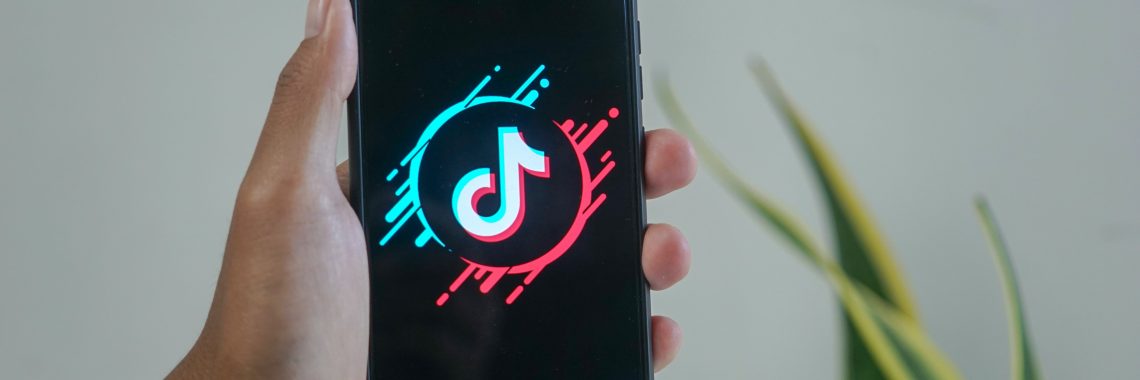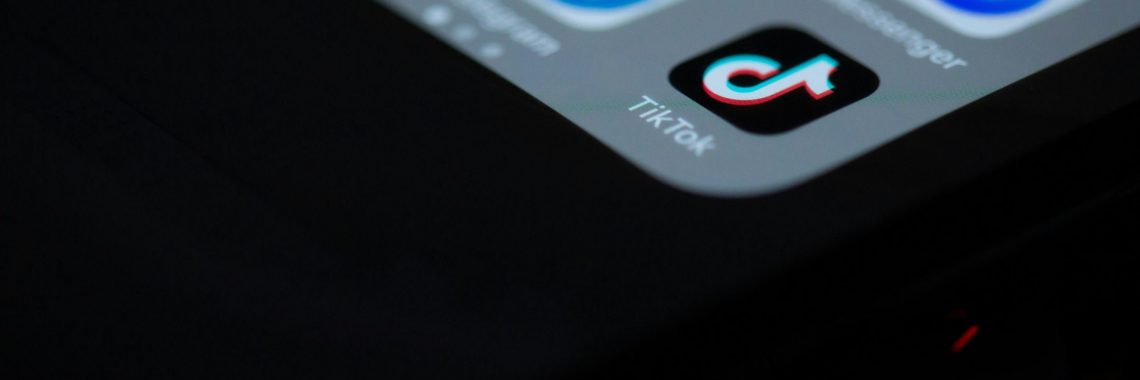Lawyers for TikTok, A.G.’s Office to Appear in Court Today

The Arkansas Attorney General’s office and lawyers representing social media giant TikTok are set to appear in state court this afternoon as part of one of the A.G.’s lawsuits alleging TikTok violated state consumer protection laws.
With an estimated one billion users worldwide and 135 million in the U.S., TikTok is considered by some to be the most popular social media platform in the world. However, last year Arkansas Attorney General Tim Griffin filed two lawsuits accusing TikTok of violating Arkansas’ Deceptive Trade Practices Act.
One of the lawsuits alleges that TikTok failed to fully disclose that TikTok is subject to Chinese law — including “laws that mandate secret cooperation with intelligence activities of the People’s Republic of China.”
The other lawsuit — which is the subject of Wednesday’s court hearing — alleges the social media giant violated the Deceptive Trade Practices Act by promoting “intensely sexualized” content — including content that sexualizes children — on its platform.
The lawsuit calls the TikTok app “a Chinese ‘Trojan Horse’ unleashed on unsuspecting American consumers,” and notes that “tens of millions of minors use TikTok in the United States.”
Once on the TikTok app, the Arkansas Attorney General’s office writes that TikTok’s algorithm “force-feeds” many children a non-stop diet of objectionable content.
Some of the objectionable content TikTok promotes to children includes:
- Content depicting alcohol, tobacco, and drugs
- Sexual content
- Nudity
- Suggestive themes
- Violence
- Intense profanity and obscenity
The lawsuit also alleges much of this content is available to teenagers even when using the app’s Restricted Mode that is intended to filter inappropriate material.
The A.G.’s legal complaint notes that TikTok’s algorithm actually promotes this content regardless of the user’s age — meaning that many children using TikTok may be exposed to this type of material routinely.
The lawsuit alleges that TikTok has downplayed just how prevalent this type of material is on its platform and has deceptively labeled the app as being appropriate for ages 13 and up when TikTok really should be rated 17+.
The A.G.’s complaint against TikTok concludes by asking the court to stop TikTok’s actions and award the state up to $10,000 per violation of the Arkansas Deceptive Trade Practices Act in accordance with state law.
You can read the Arkansas Attorney General’s entire complaint here.





